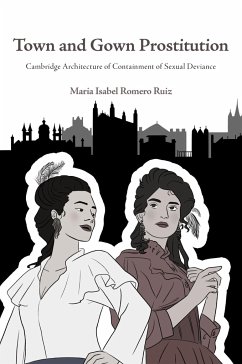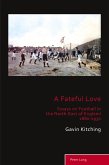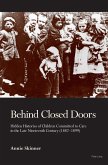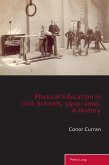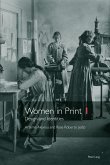This book makes an analysis of prostitution in Cambridge in the Victorian period based on different social and cultural discourses as well as on archival materials concerning institutions devoted to the control and regulation of promiscuity and venereal disease. Among them were the Cambridge Union Workhouse, the Cambridge Female Refuge, the Spinning House (Cambridge University Female Prison) or the town and county gaols. Also, data from the census and local and state regulations are of great relevance in the approach to the study of the «Great Social Evil» and its consequences for Victorian Cambridge. The city was divided into «town and gown» at the time, with the University having its power and regulation over all its premises through the Vice-Chancellor's Court and its system of proctors, while the town council regulated the areas belonging to the city itself through the police. Therefore, University authorities, evangelicals and the middle-class joined their efforts to putan end to immorality, building Cambridge's architecture of containment of sexual deviance.
Bitte wählen Sie Ihr Anliegen aus.
Rechnungen
Retourenschein anfordern
Bestellstatus
Storno

